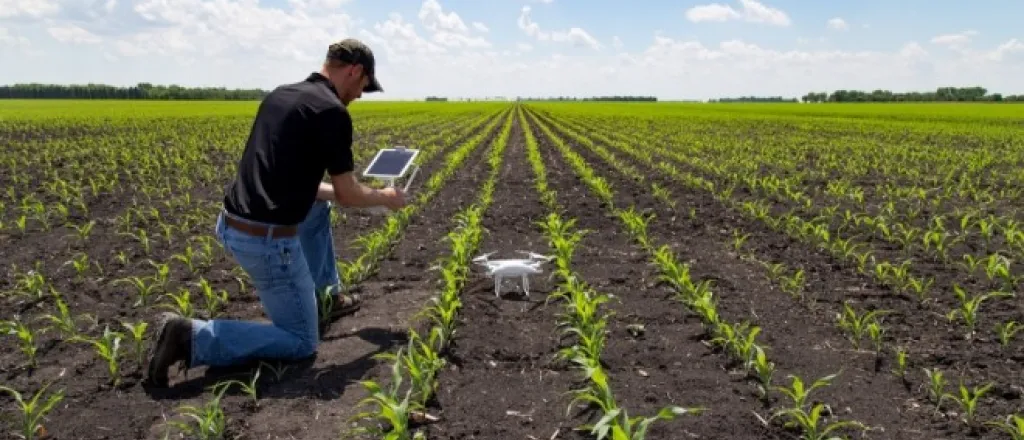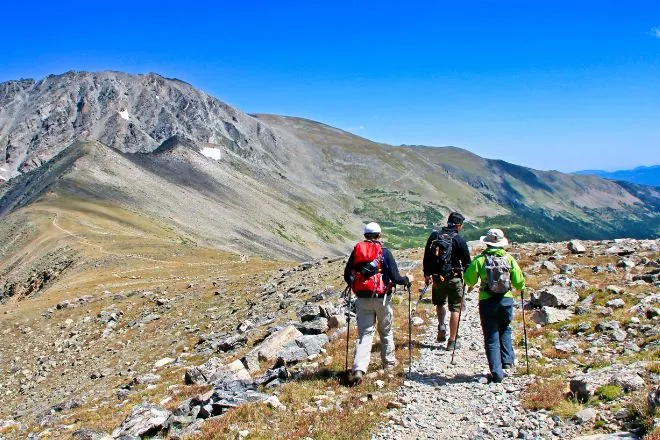
AgTech: The Future of Farming Meets the Present
As the Earth’s population has increased, the need for resources has grown, as well. By 2050, the world’s population is expected to reach 10 billion. Should this prediction prove accurate, we will need to modernize the way in which we produce food. This is where AgTech comes into play.
Inventions such as tractors and plows have benefited farmers over the years, but in today’s world, these tools alone will no longer cut it. When it comes to improving agricultural development, the solution is to increase efficiency, which is where technology becomes a necessity.
What is AgTech?
AgTech is a term that stands for “agricultural technology,” which in turn refers to the modern technological advancements being applied to the way our food is grown. These advancements may be worrisome, especially for those who fear food is becoming progressively more synthetic, but AgTech contributes to the success of organic farming in many ways.
Drones are one example of AgTech. Drone cameras can record crop data so that farmers can identify and attend to failing areas. Some robots can also perform simple farm chores such as harvesting and weeding. Electric ear tags can record animal data and send the information to farmers.
AgTech and farmers
A quick solution to the rising demand for food sounds ideal, but some farmers have been hesitant to accept change. Most of this technology is produced without initial feedback from farmers, and the explosion of AgTech can seem overwhelming. Quality can also be affected when new products are rolled out in rapid succession. Some people also worry about how climate change, which will undoubtedly change how crops are produced, will affect this expensive technology.
Where AgTech will go
As AgTech becomes more widely available, further improvements and discoveries are inevitable. Every day, we learn more information about the modern evolution of farming. These AgTech start-ups are making headway in 2019, and it’s worth waiting to see where they’ll go. The future of farming has been discussed for years, and perhaps it’s finally here.















